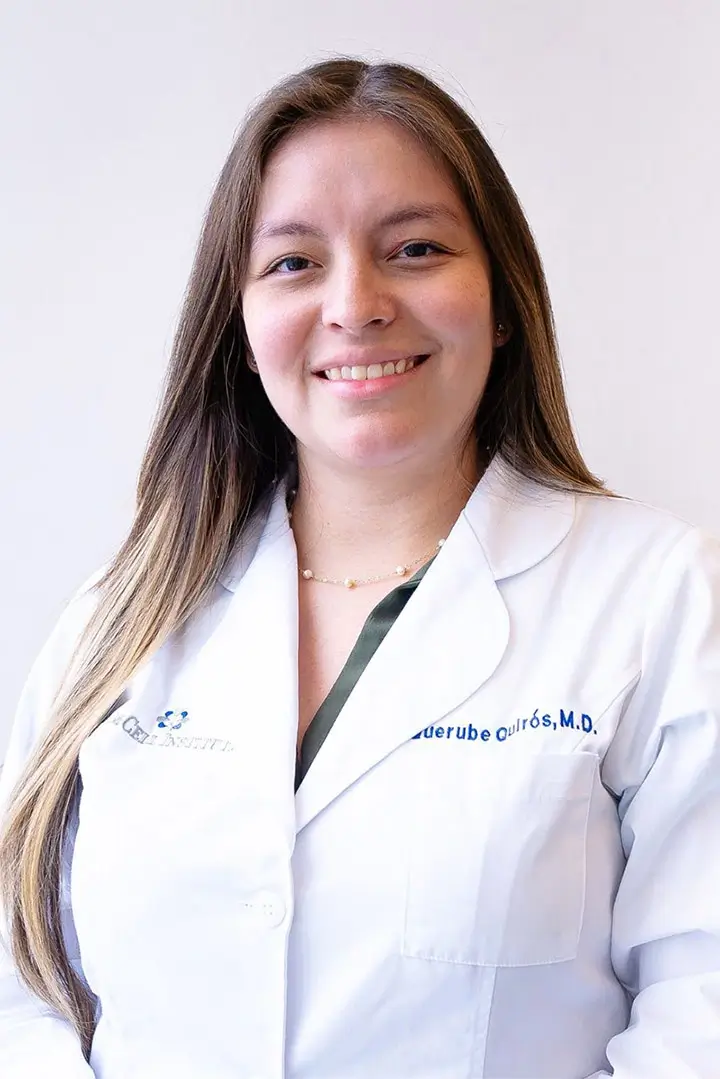The University of Guelph announces that Thomas Koch has been awarded a three-year post-doctoral fellowship from the Danish Agency for Science, Technology and Innovation which carries over $1 million in funding. The prestigious award is the largest of its kind ever awarded by the Danish funding agency in a highly competitive process. The funding will be specifically applied to research for the development of adult stem cell therapies in the treatment of cartilage injuries in horses, the results of which are expected to be translatable into human therapies. The award includes collaboration between Dr. Koch and other researchers in Canada, Sweden and at Denmark’s largest orthopedics laboratory.
According to Dr. Koch, who earned his DVM from the University of Copenhagen and who had already been using adult stem cells derived from the umbilical cords of foals for the therapeutic treatment and repair of damaged cartilage in horses, "I’m very grateful for this support, which will allow us to carry out the first controlled studies on live animals using the protocols developed here at Guelph for obtaining stem cells from equine cord blood." Additionally, Dr. Koch explains, "This is also great news for U of G and the Ontario Veterinary College because it recognizes that the horse is the premier animal model for studying the potential of using stem cells to repair cartilage injuries. Equine joints are similar to human joints in some respects such as joint thickness, and horses are also prone to spontaneous athletic injuries. So there is a great deal of interest in our work from the equine industry and in human medical circles as well."
Together Drs. Thomas Koch and Dean Betts of the University of Western Ontario have established a protocol for isolating adult mesenchymal stem cells from equine umbilical cord blood, which they have already differentiated into a number of cell types, most notably chondrocytes, from which cartilage is formed.
As Dr. Koch adds, "The goal is to screen these cell lines and pick the ones that are really good at creating cartilage in the lab and then test their regenerative potential in live horses at OVC (Ontario Veterinary College) and Cornell University. If we can make it work in horses, then there is the potential to apply thee same principles to make it work in people, too."
As previously reported a number of times on this website, veterinary adult stem cell medicine is progressing at a rapid pace throughout the world, especially in the U.S. and the U.K., where companies such as Vet-Stem and VetCell, respectively, have independently pioneered their own proprietary methods for the use of autologous adult stem cells in the treatment of a variety of ailments in a variety of animals, especially horses and dogs. To date, Vet-Stem’s procedure has been used to treat more than 2,000 dogs and 3,000 horses in the U.S., with autologous adult stem cells derived from each animal’s own adipose (fat) tissue. Similarly, VetCell’s procedure has been used to treat approximately 1,700 horses in the U.K. to date, and the company is scheduled to begin clinical trials on humans next year. Both companies report an 80% success rate in their animal therapies, significantly higher than that of conventional veterinary medical approaches which average around a 30% success rate.
Now, with such consistent and dramatic results as those documented by Vet-Stem and VetCell, it is hardly surprising that research into such a promising field is expanding throughout other countries, with the awarding of more than $1 million to fund a major collaborative research project between scientists in Canada, Sweden and Denmark.
(Please see a number of other related news articles on this website, which include but are not limited to that entitled, "Veterinary Stem Cell Therapies Translate into Human Therapies", dated July 14, 2009 and originally reported in the MIT Technology Review).

